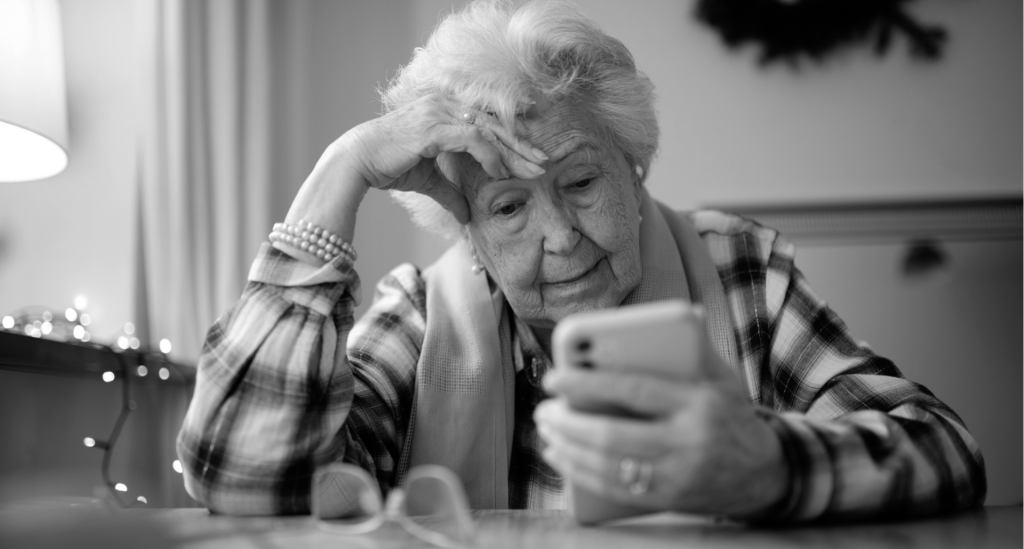16 January 2023
By Lynn Pham
A Conversation About Estate Disputes: Part 2 – Undue Influence
The second article in our Estate Disputes series focuses on what occurs when it is believed that a Will was executed under undue influence.
Cases in estate disputes that involve an “undue influence” argument often contain stories of the testator (the person making the Will) being pressured to execute a Will leaving assets in a particular way. However, it is not always easy to determine whether a person was under “undue influence”, as defined by case laws, when signing their Will.
Where to draw the line between undue influence and mere suggestion or persuasion?
When dealing with deceased Estates, undue influence has usually presented itself in the form of an influencer convincing the testator to favour them in their Will, to the disadvantage of other people that may have ordinarily been included in the Will. Vulnerable people most likely suffer from undue influence i.e., if they are elderly or unwell and relying on the care of another.
The influence upon the Will-maker needs to be such that the Will-maker’s actions are not free or voluntary. This is not mere suggestion or persuasion. An essential element of coercion must be proved.
Coercion can be anything from violence and confinement, or simply placing a little pressure on a person in their last days of life who is so weak that they will accept anything as their brain is so fatigued (Wingrove v Wingrove (1885) 11 PD 81).
The courts generally will look at the quality of instructions that the Will-maker would have been able to give when there was a dominant party exerting pressure upon them.
Making a claim of undue influence following the death of a Will-maker
If you suspect that a Will was signed when the Will-maker was suffering from undue influence, then it will be your burden to prove that in court. To do this, you will have to demonstrate some of the following:
- The Will-maker has left their property to people that you would not normally expect them to or certain people have been left out of the Will without explanation;
- The Will-maker was vulnerable i.e. they were unwell or frail and therefore susceptible to undue influence;
- The Will-maker was dependent on the person you believe has influenced them;
- The person you believe has influenced the Will-maker has benefitted from property under the Will.
It is generally difficult to prove undue influence as there is a lack of evidence from the deceased person’s own testimony. The court therefore has to rely on other witnesses who knew the Will-maker at the time they signed their Will, for example, doctors, caregivers, lawyers or family members and friends. The witnesses can give evidence about the relationship the Will-maker had with the person who you believe has influenced them.
The main point to remember is that the court must be satisfied that the circumstances raise the inference in favour of undue influence existing in the circumstances rather than not.
Where undue influence is proved, what is the effect on the Will?
The burden of proof rests with the person making the allegation of undue influence and generally, it is very difficult to prove for the reasons mentioned above.
However, if you succeed in your claim of undue influence and it can be proved that the Will made by the Will-maker was unduly influenced, the Will becomes invalid and cannot be admitted to the Supreme Court for the purposes of Probate. If only part of the Will is affected by undue influence, it may be the case that it is just that part of the Will that becomes void.
In the recent case of Hayward (As executor of Felton Estate) v Speedy & Felton (2021) NSWSC 943; (2021) NSWSC 257, there was a dispute between siblings as to money procured from the sale of their father’s properties. The presumption of undue influence was not rebutted, and the gift of the money to the daughter was taken to have been procured by an exercise of undue influence on her part. The father’s Estate was entitled to have the gifts set aside as it would be unacceptable for the daughter to retain the benefit of gifts that she had received because she had exercised undue influence over her father.
How can Andersons help?
Andersons Solicitors have experienced Wills and Estates Lawyers to advise you should you wish to contest a Will, or if you are defending a claim made against an estate.
If you suspect that someone you knew signed their Will under the undue influence of another, please contact our office and we can work with you through the process.
This article was written by Lynn Pham.





